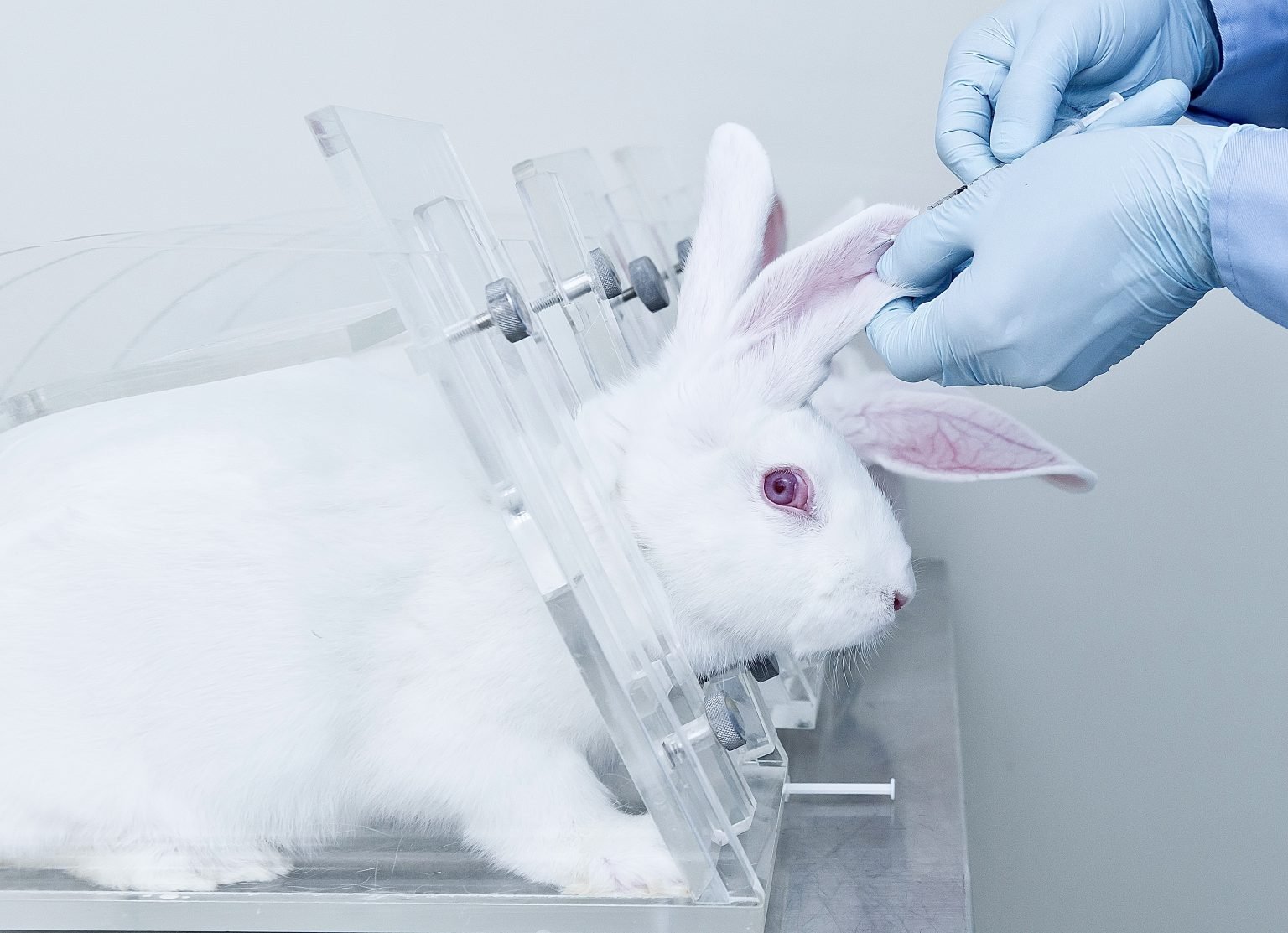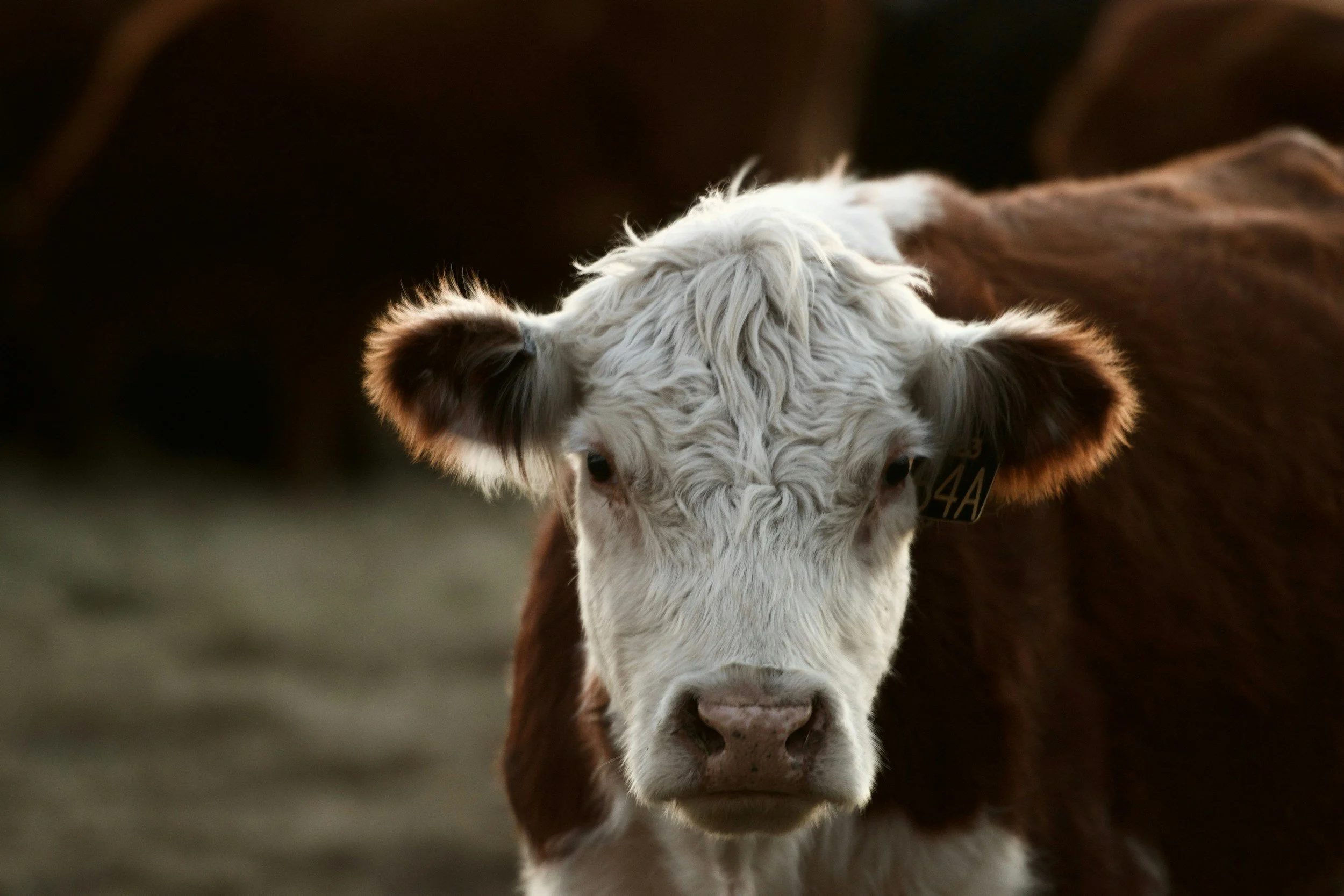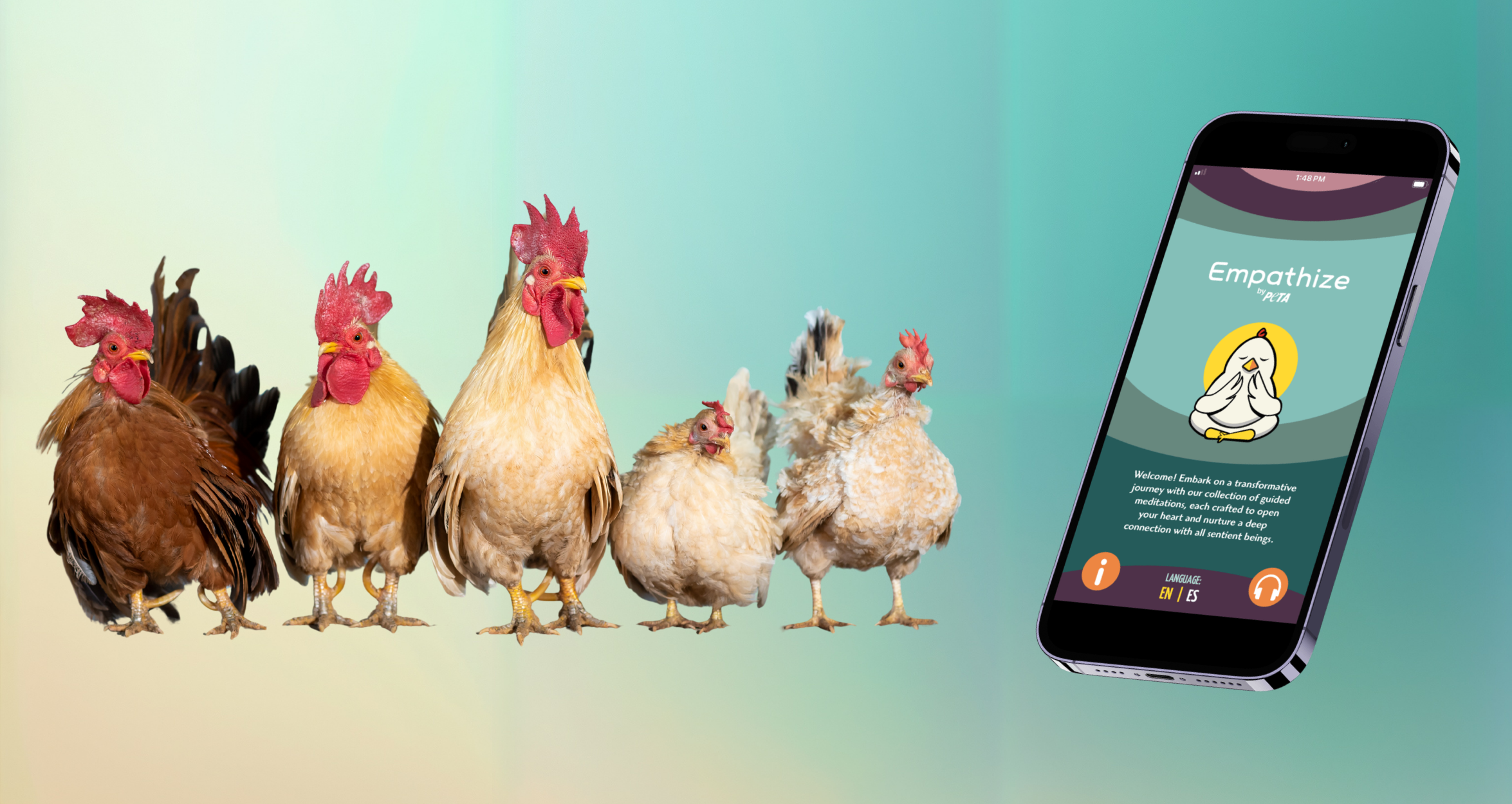Could This AI-based Testing Alternative Help Get Animals Out of Laboratory Research?
Digital Animal Replacement Technology uses human stem cells, a digital workstation, and artificial intelligence to predict drug safety.
This month, news of plans for a $400 million breeding farm that will see 30,000 long-tailed macaques bred and sold for animal testing caused uproar in the Species Unite community.
In just a few days, our urgent petition opposing this facility received more than 3,000 signatures, a reflection of the growing public perception that a shift away from animal testing is needed.
Last December 2022, Congress ended a federal mandate that new drugs must be tested on animals before they are used on humans in clinical trials, which has been in effect since 1938. However, Companies can still, however, choose to continue testing on animals.
Whilst advocacy is crucial in the fight to save the 110 million animals who suffer and die in US laboratories every year, we also need to champion the many non-animal alternative methods available.
“Animals do not resemble human physiology.”
Quantiphi, an AI start-up based in Boston, is one of the innovative companies working to offer a humane and more accurate alternative to traditional animal testing for drug discovery, manufacturing, and pre-clinical trials.
Last year, they introduced Digital Animal Replacement Technology (DART), an AI-based solution which uses ethically sourced human stem cells, a digital workstation, and artificial intelligence to predict drug safety based on stem cell-drug interactions.
"DART represents our dedication to advancing pharmaceutical research and development in an ethical way.” said Bruno Nardone, Global Leader in Healthcare and Life Science at Quantiphi.
“It uses advanced machine learning and computer vision algorithms, data analytics, and a well-developed wet-lab infrastructure to accelerate drug discovery while ensuring safety and efficacy,” he explained.
As well as removing the need for animal testing, the technology can reduce both the time and cost of the pre-clinical testing phase of drug development by 45 per cent.
"It enables early-stage decision-making, reduces cost, and improves time-to-market," Nardone said. "And it offers advantages like accelerated testing, customization based on genetic profiles, and relevance to human physiology."
An estimated 110 million animals perish in US laboratories every year. Credit: Cruelty Free International
Science has also warned that animal testing is not a reliable predictor of toxic responses in humans. A 2019 study revealed that 89 percent of drugs that pass animal tests fail in human clinical trials, contributing to high drug development expenses and delays in drug approval.
“Animals do not resemble human physiology. And hence, when you go for clinical trials, there are many new adverse events or toxicology that get discovered,” Rahul Ramchandra Ganar, principal lead at Quantiphi’s life sciences division told FT.
Quantiphi aren’t the only player helping to advance animal testing alternatives. Other leading solutions include cell cultures, where scientists create tiny 3D structures called 'organoids' from human cells, mimicking and displaying functions of body parts like the heart or lungs in conditions as small as a pea, and the ‘organs-on-chip’ method, which can can send drugs through channels within the chips to replicate how something may run through the human body.
Help Stop the Biggest Monkey Breeding Facility in the United States
As reported last month, a proposed breeding facility in a small town of Georgia will be capable of holding up to 30,000 monkeys. That number is twice the human population of Bainbridge, the southwest town where the plans have been proposed.
City and county officials are said to already be in the process of trying to secure the construction of the facility, by agreeing to more than $58 million in handouts including a 20-year tax abatement scheme and 200 acres of public land.
Please join Species Unite in telling the Bainbridge city councilors that the proposed monkey prison must be stopped - before it’s too late. Sign the petition here.
We Have A Favor To Ask…
Species Unite amplifies well-researched solutions to some of the most abusive animal industries operating today.
At this crucial moment, with worldwide momentum for change building, it’s vital we share these animal-free solutions with the world - and we need your help.
We’re a nonprofit, and so to keep sharing these solutions, we’re relying on you - with your support, we can continue our essential work in growing a powerful community of animal advocates this year.





